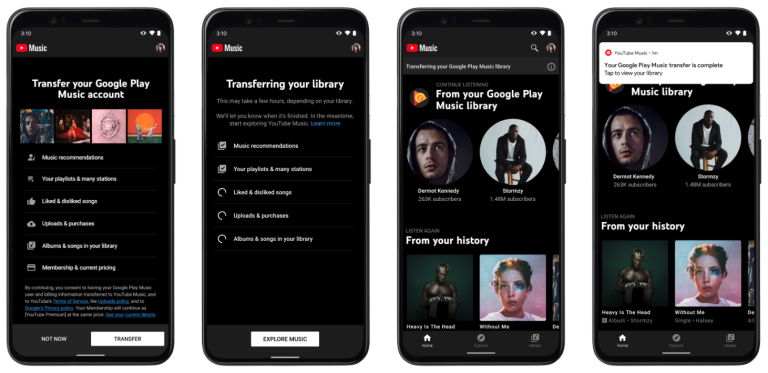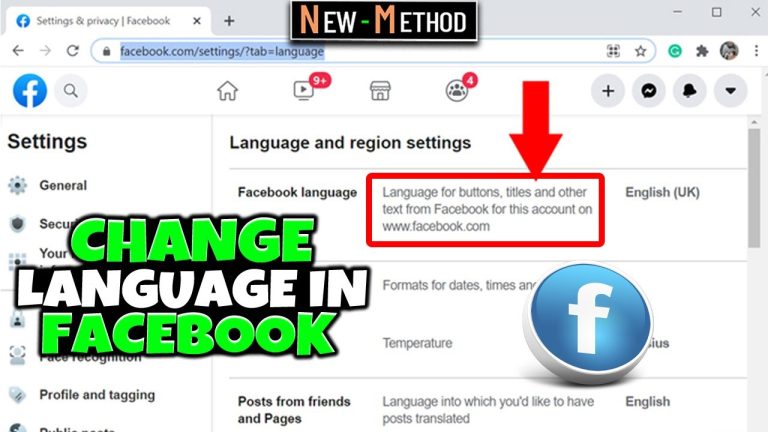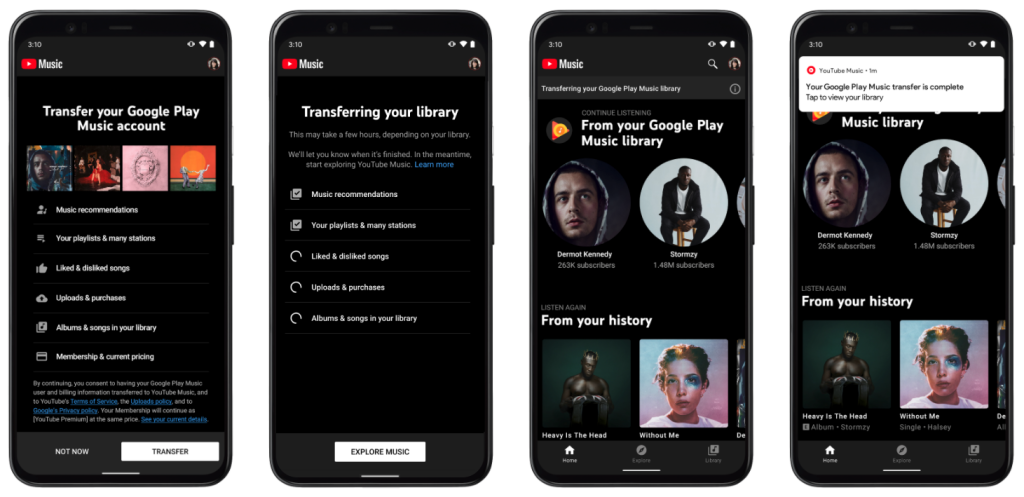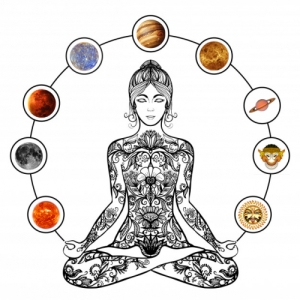
The Role of Astrology in Human Meaning-Making
From the earliest civilizations to modern times, humans have looked to the sky not only for navigation or timekeeping but also for meaning. Among the many systems developed to interpret celestial phenomena, astrology has stood the test of time as a unique blend of symbolism, storytelling, and metaphysical exploration. Despite its lack of empirical grounding in modern science, astrology remains a potent psychological and cultural tool. Its enduring popularity speaks to a deeper human need: the need to make sense of our lives, our choices, and our place in the universe. In this way, astrology plays a powerful role in human meaning-making.
A Historical Perspective: Seeking Order in Chaos
Astrology originated thousands of years ago in Mesopotamia, Egypt, and later in Greece and India, where early humans sought to understand patterns in the stars and planets. At a time when survival was deeply connected to natural rhythms—planting seasons, tides, day and night cycles—celestial patterns offered a kind of divine order. The belief that the movements of heavenly bodies could influence human affairs provided a framework to interpret both personal events and societal changes.
This early framework allowed individuals to feel more connected to the cosmos and provided answers to life’s unpredictable nature. Rather than being helpless in the face of uncertainty, astrology offered a map—a guide to self-understanding and decision-making. This cosmic mirror helped people contextualize their suffering, joy, and purpose.
Archetypes and Storytelling
One of astrology’s most powerful roles in meaning-making lies in its use of archetypes. The signs of the zodiac and planetary energies correspond to universal human themes: Aries represents the warrior and initiator, Cancer the nurturer, Libra the harmonizer, Scorpio the transformer. These symbols aren’t scientific categories, but rather psychological archetypes—figures that appear across cultures and myths.
Carl Jung, the Swiss psychiatrist and founder of analytical psychology, recognized this connection. He saw astrology as a symbolic system that could reveal unconscious patterns in the psyche. Jung believed astrology’s value was not in prediction, but in its capacity to aid individuation—the process of becoming a whole and integrated self. In this context, astrology is a mythological language that helps individuals narrate their internal landscapes.
By casting a natal chart, a person is offered a rich, complex story of who they are, what motivates them, and what challenges they may face. These stories are not deterministic; rather, they offer a lens through which people interpret experience and make sense of their emotional world.
Astrology as a Reflective Tool
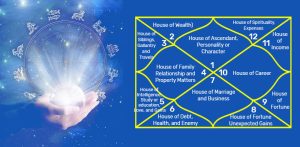
In the modern era, many people turn to astrology not for fortune-telling, but for reflection. A birth chart, transit reading, or even a daily horoscope becomes a prompt for introspection. It encourages people to consider what’s happening in their lives and how they’re responding emotionally. When someone reads that Mercury is in retrograde, they might think more deeply about communication or frustration—regardless of the actual planetary influence.
This function of astrology overlaps with therapeutic techniques. Much like journaling, talk therapy, or meditation, astrology creates space to pause and process. Even if one does not believe the planets are causing events on Earth, the act of reflecting on one’s life through the symbolism of the stars can promote personal insight and emotional clarity.
Moreover, astrology provides a framework for understanding timing. Life moves in cycles, and astrology offers names and meanings for those cycles—Saturn return, lunar phases, planetary transits. These cycles often correspond with real psychological or life changes, helping people feel less isolated or confused during challenging times. Knowing that a difficult phase has an arc and an endpoint can be deeply reassuring.
Community and Connection
Astrology also creates shared meaning across individuals and cultures. Just as religion provides rituals and beliefs that bind people together, astrology generates community through a common symbolic language. In today’s world, zodiac signs and memes are found across social media, sparking conversations, jokes, and even dating preferences.
People use astrology to express their identity (“I’m a Leo rising”) or to better understand others (“That explains why she’s so emotional—she’s a Pisces”). Whether serious or playful, these interactions create bonds. They facilitate empathy by providing a narrative that says, “We are all trying to make sense of ourselves.”
In a time when traditional structures—like religion, family roles, and work identity—are being questioned or redefined, astrology has filled a cultural gap. It offers spiritual resonance without dogma, personal guidance without authority, and connection without commitment.
Meaning Beyond Rationality
Critics often dismiss astrology as a pseudoscience or superstition. From a scientific standpoint, there is little empirical evidence that the positions of celestial bodies influence personality or events. However, this criticism may miss the point of astrology’s function in human life. The value of astrology does not necessarily lie in its truth claims, but in its role as a system of meaning.
Human beings are not purely rational creatures. We interpret our lives through stories, symbols, metaphors, and rituals. Astrology taps into this deeply human tendency. It doesn’t need to be “true” in a scientific sense to be meaningful in a psychological or spiritual sense.
Think of mythology, poetry, or dreams—none of these are factually “true,” but all can convey profound truths about the human condition. Astrology belongs to this same symbolic realm. It helps people express the ineffable, find coherence in chaos, and create a sense of narrative purpose.
Astrology and Modern Identity
In the age of individualism, where people are encouraged to “find themselves,” astrology offers a custom blueprint. Unlike rigid religious doctrines or one-size-fits-all self-help methods, astrology presents a dynamic, personalized system. It says: You are unique. Your strengths, weaknesses, and purpose can be mapped in the sky. This validation of individuality is particularly appealing in a world where people often feel invisible, anxious, or disconnected.
Moreover, astrology evolves with the times. Modern astrologers incorporate psychology, trauma healing, feminism, and even queer theory into their interpretations. This adaptability allows astrology to remain relevant, reflecting the values and struggles of each generation.
Conclusion
At its core, astrology is not just about stars or predictions—it’s about meaning. It is a mirror that helps individuals see themselves and their lives in a larger, more mythic context. Through its symbols and stories, astrology offers a way to interpret experience, navigate change, and build personal identity. Whether or not one believes in its literal truth, astrology remains a powerful tool in the ongoing human journey of meaning-making.
In a universe that can feel random or indifferent, astrology whispers that perhaps there is a pattern, a purpose, and a place for us in the grand design.





